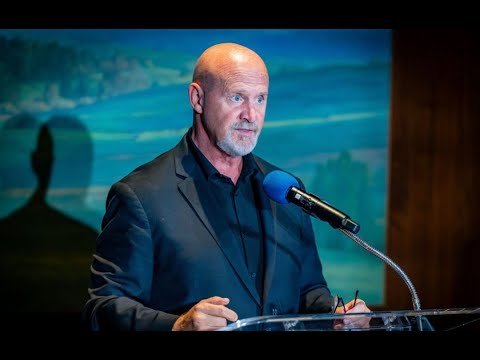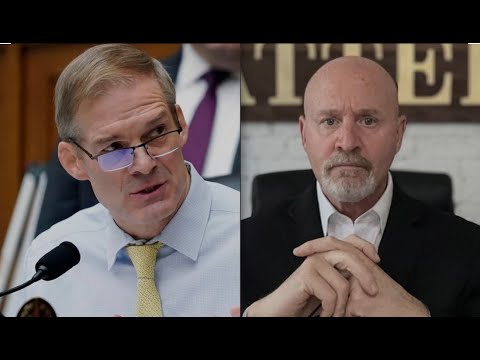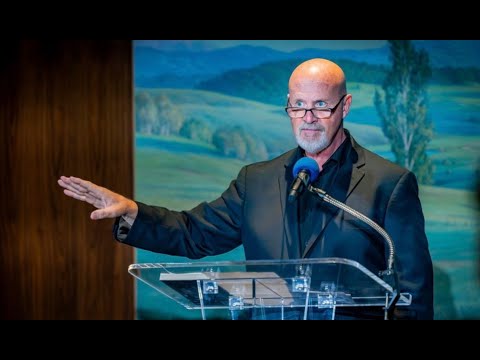news, act-politics, wwf, wwf report, act, act renewables, renewable energy, renewable energy supoerpower, renewables report
The ACT has been identified as one of the country’s best jurisdictions in terms of renewable energy, according to a new report. The report, released on Monday by WWF Australia, named the territory as the leading Australian state or territory for boosting the production of renewable export products, along with putting renewable energy as a centrepiece for its COVID-19 economic recovery. The Renewable Superpower Scorecard is the first report of its type, which ranked each state and territory government, along with its federal counterpart, for embracing renewable energy. While the ACT was not given an overall ranking in comparison to other states due to the territory’s size, on the individual outcomes it was measured on in the report, it came in either first or equal second with other jurisdictions. In the report, the ACT was praised for being the first jurisdiction in Australia to meet a target of 100 per cent renewable energy, along with the government’s $300 million in renewable energy initiatives that were laid out in the most recent territory budget. Out of the states and territories that were ranked on the full 10 measures identified, Tasmania came in first, followed by South Australia and NSW. Victoria then came in fourth place and was followed by Queensland, Western Australia, the federal government and the Northern Territory bringing up the rear. WWF Australia energy transition manager Nicky Ison said despite its small size, the ACT was one of the biggest jurisdictions when it came to renewables. “They’re leading the country in the electrification of transport and buildings and leaning away from fossil fuels,” Ms Ison said. “The ACT produced per capita the largest renewable recovery budget this year, which is comparable to some global leaders in the field like Germany.” Despite the ACT’s relatively good standing, Ms Ison said the territory still had some room for improvement. “The ACT does still have a role to play to be a hub for renewables exports globally,” she said. “Secondly, while there is some good work being done to support households transition to renewables, more can be done to support businesses.” Tasmania was identified as the number one jurisdiction of those assessed on all categories due to it achieving 100 per cent renewable energy and legislating the largest renewables target in the world, along with its renewable hydrogen production. Ms Ison said while the state and territories were doing the heavy lifting, Australia had the potential to become a renewable energy world leader. “With the right investments, we can not only power Australia with renewables but become a renewable superpower and sell surplus energy to the world in the form of liquid sunshine, expertise and solar-powered products and metals,” she said.
/images/transform/v1/crop/frm/Yb2Jn5LgcGxmVnDUUjd5xi/9922407c-7b81-4b1a-a8c8-40952b7f4fda.jpg/r2_210_4498_2750_w1200_h678_fmax.jpg
The ACT has been identified as one of the country’s best jurisdictions in terms of renewable energy, according to a new report.
The report, released on Monday by WWF Australia, named the territory as the leading Australian state or territory for boosting the production of renewable export products, along with putting renewable energy as a centrepiece for its COVID-19 economic recovery.
The Renewable Superpower Scorecard is the first report of its type, which ranked each state and territory government, along with its federal counterpart, for embracing renewable energy.
While the ACT was not given an overall ranking in comparison to other states due to the territory’s size, on the individual outcomes it was measured on in the report, it came in either first or equal second with other jurisdictions.
In the report, the ACT was praised for being the first jurisdiction in Australia to meet a target of 100 per cent renewable energy, along with the government’s $300 million in renewable energy initiatives that were laid out in the most recent territory budget.
Out of the states and territories that were ranked on the full 10 measures identified, Tasmania came in first, followed by South Australia and NSW.
Victoria then came in fourth place and was followed by Queensland, Western Australia, the federal government and the Northern Territory bringing up the rear.
WWF Australia energy transition manager Nicky Ison said despite its small size, the ACT was one of the biggest jurisdictions when it came to renewables.
“They’re leading the country in the electrification of transport and buildings and leaning away from fossil fuels,” Ms Ison said.
“The ACT produced per capita the largest renewable recovery budget this year, which is comparable to some global leaders in the field like Germany.”
Despite the ACT’s relatively good standing, Ms Ison said the territory still had some room for improvement.
“The ACT does still have a role to play to be a hub for renewables exports globally,” she said. “Secondly, while there is some good work being done to support households transition to renewables, more can be done to support businesses.”
Tasmania was identified as the number one jurisdiction of those assessed on all categories due to it achieving 100 per cent renewable energy and legislating the largest renewables target in the world, along with its renewable hydrogen production.
Ms Ison said while the state and territories were doing the heavy lifting, Australia had the potential to become a renewable energy world leader.
“With the right investments, we can not only power Australia with renewables but become a renewable superpower and sell surplus energy to the world in the form of liquid sunshine, expertise and solar-powered products and metals,” she said.






